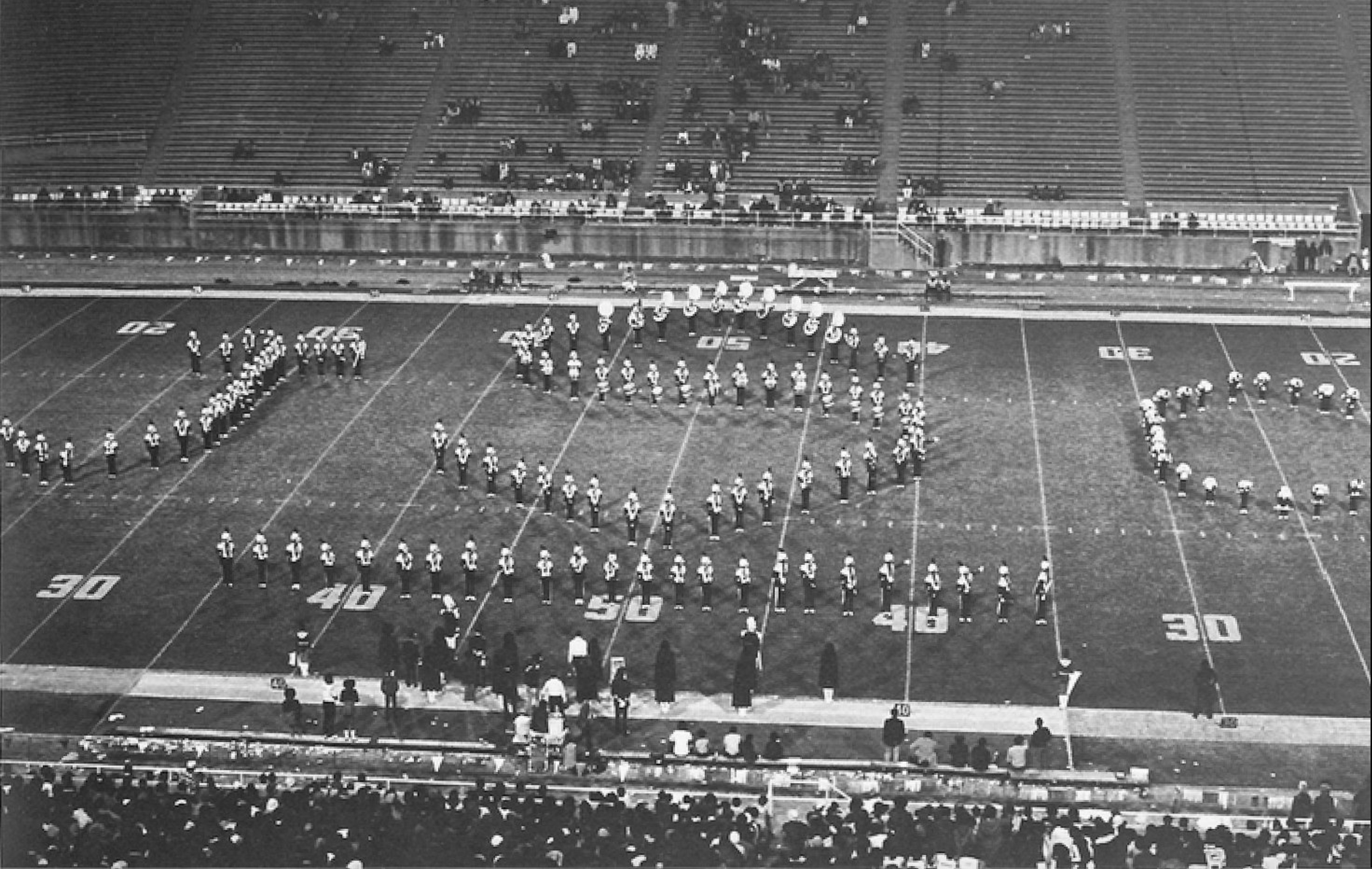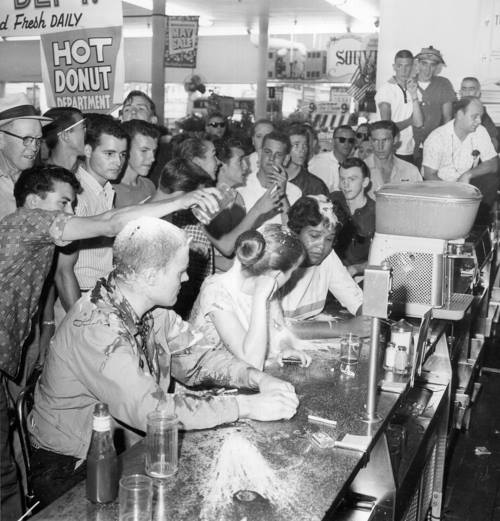"I wanted to know why": History and the Deep South

"As though there were an electric fence there": Segregation and Survival
In Ben’s early childhood, Jackson was still rigidly segregated in all aspects of life. Despite the passage of Brown v. Board three years following Ben’s birth, change was unenforced and slow to come to the Deep South. Attending laboratory school on the campus and living only a few blocks from it, Ben describes his community as nurturing, but with strict bounds.
“We had to stay within certain bounds. And so once we moved into our home on Pittsburg Street, just one block over was a white neighborhood. And as though there were an electric fence there, Emilie, we knew not to go there. So I never turned my bike at the end of my street and rode left. Because that was taboo.”

Ben introduced athletics as a crucial means of gaining mobility within an unfamiliar landscape, recounting that even though his parents did not have a “Green Book” of sorts when first moving to Jackson, his father knew where to stop in big cities like Nashville and Memphis because of his friends and experiences traveling for games against other HBCUs in the Deep South.
“You know the fear was to have your car break down in the middle of nowhere, in a society that would not likely take kindly to them.

As a teenager during the heyday of the civil rights movement, Ben recognized the significance of the movement's leaders, many of whom his father befriended and his mother worked alongside. During our interview, Ben chronologized the integration of neighboring schools and the resistance of local student activists and civil rights lawyers. Many of these hometown heroes would be immortalized as innovators of the movement, including students from Jackson State and neighboring Tougaloo College.
“I would hasten to add because it relates to what I did with my life's work, there were a number of attorneys who lived in the Deep South, who in the late 50s and early 60s began challenging that segregated legal system. And I was a great beneficiary of their courageous work and I'd love to tell you about them… I do remember vividly young students from Tougaloo College and from Jackson State, who sat in at lunch counters, and they had condiments poured over their head, they were beaten, they integrated the bus stations at the Greyhound bus stations, they called themselves Freedom Riders. They went to all white churches and attempted to worship. Again, they tried to challenge all the customs of the day and I had great admiration for them.”
"A Segregated Life and Idyllic Life": Leaving the South
Despite the ever-present threat of danger, Ben remembers his time in Jackson nostalgically. Because of his parents’ pursuit of higher education, Ben often spent summers up north in Indiana or upstate New York, where his family visited Harrison’s parents. Up north, Ben describes seeing “a broader world” – one where ethnic difference superceded Black and white, and where he could make friends with other kids from all backgrounds. However, Ben remembers that integration was not always a positive. Removed from the supportive all-Black community of Jackson, Ben found ethnic difference to be rearticulated through his education.
“And so I went to an integrated school for the first time in Bloomington, and that was a interesting experience, Emilie, a true story. The students in the class were cheating. And, and I did not cheat. And I remember telling my parents, I didn't make the highest grade on a test, but the students had cheated. And they went to the school and they told the teacher, the teacher said, “well, he shouldn’t be a tattletale!” And my parents said “yeah, but we also taught him not to cheat.” And I remember, I could read the entire book in our little book and there was a word that was supposed to indicate the sound that a crow makes, c-a-w, and I pronounced it as ”cah, cah”, she said it should be no ”caw, caw”. And so she stopped me. I could have read the entire rest of the book, but she really did not want to see me excel as compared with the other children. So, I encountered something I’d never known before, which was a teacher, who did not, not only didn't have a high expectation for me, but was simply, was actually trying to retard my performance. And my parents began teaching me about that. And their whole point was, don't let that discourage you, that should indicate to you you're definitely on the right track. If they don't want you to have it, that's precisely what you want. And so I learned."

This love for storytelling and understanding personal context would carry him forward through a successful academic career at Dartmouth, where his thesis followed the stories of Black students at Dartmouth, a legacy upon which this project is built upon.
- Legacy: Benjamin Wilson ‘73 (Emilie Hong ‘25, Fall ‘22)
- An Oral History Interview with Benjamin Wilson, '73
- Long Strides: Harrison B. Wilson and HBCUs
- "My mother's spirit is speaking through them": Anna G. Wilson in Life and Death
- "I wanted to know why": History and the Deep South
- "I had a chance": A Lifetime of Learning at Wilbraham Academy
- A Family Tradition: Life at Dartmouth
- Living With Legacy: Career, Love, and Community Post-Graduation
- Bibliography
